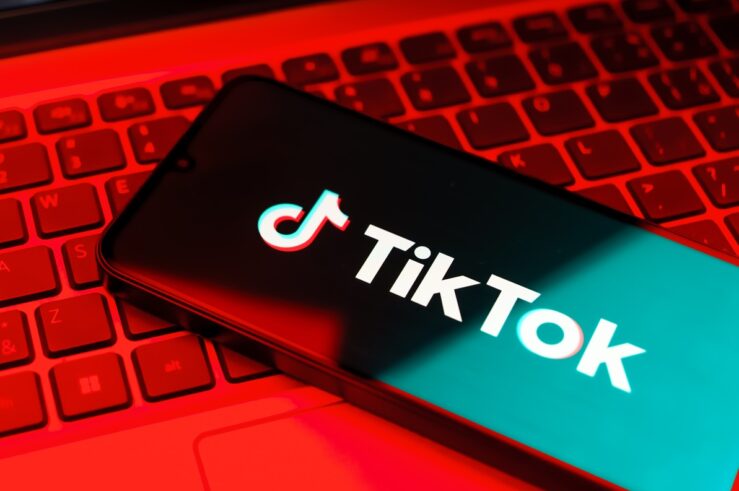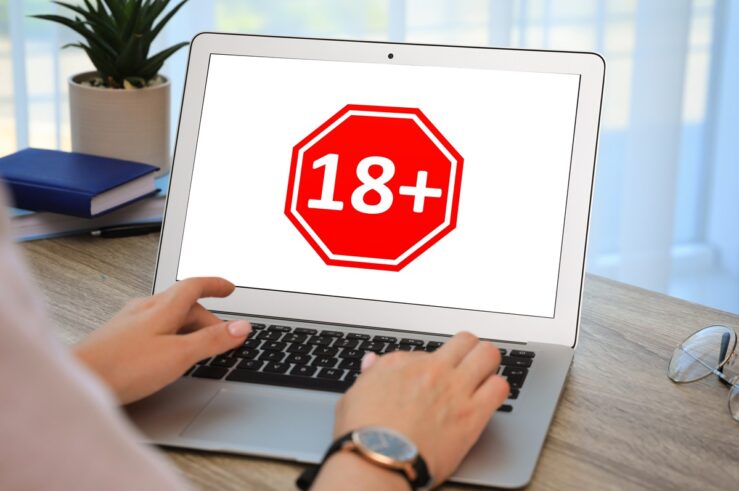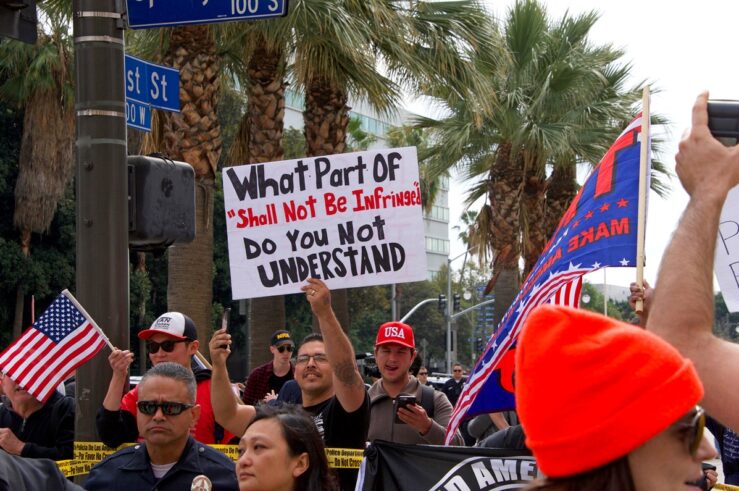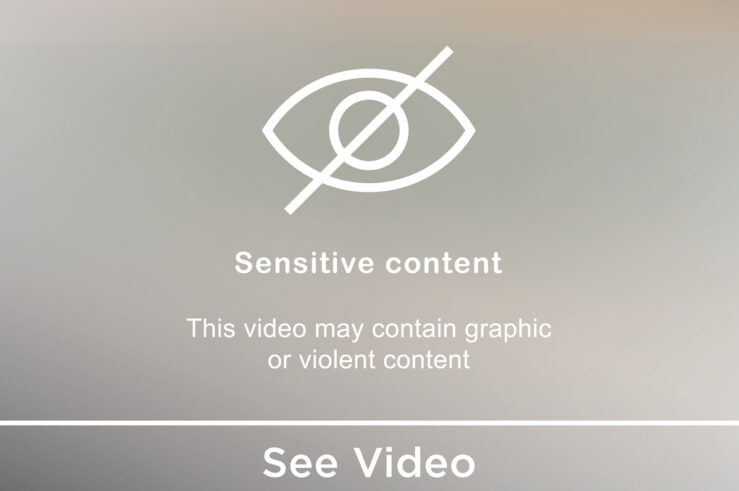Showing archive for: “News & Social Media”
Are TikTok’s Days Numbered?
The U.S. Supreme Court will on Jan. 10 hear an appeal of a Dec. 6 decision from the U.S. Circuit Court of Appeals for the D.C. Circuit upholding a 2024 federal law requiring Chinese company ByteDance to divest itself of the TikTok platform. The law will take effect Jan. 19, unless the Supreme Court strikes ... Are TikTok’s Days Numbered?
Policy Without Policymaking: Australia’s New Digital Competition Regime Is Primarily Designed to Get Through Parliament
The Australian government’s announcement earlier this month of a proposed new competition regime for digital marketplaces has a long history. The Australian Competition and Consumer Commission (ACCC) has been investigating digital-market competition for nearly a decade. The latest iteration of the ACCC’s digital platforms inquiry has published nine interim reports, with a tenth report to ... Policy Without Policymaking: Australia’s New Digital Competition Regime Is Primarily Designed to Get Through Parliament
Kids and Online Safety: An International End-of-Year Review
As the year comes to a close, it is worth reviewing how governments around the world—including at both the state and federal level in the United States—have approached online regulation to protect minors. I will review several of the major legislative and regulatory initiatives, with brief commentary on the tradeoffs involved in each approach. Age ... Kids and Online Safety: An International End-of-Year Review
Age-Verification Mandates: Constitutional Concerns and Policy Pitfalls
In a recent post, my International Center for Law & Economics (ICLE) colleague Ben Sperry explored the First Amendment implications of Rep. John James’ (R-Mich.) proposal to mandate app stores either verify users’ ages and or obtain parental consent for users who are minors. While that analysis provided a solid foundation for understanding the constitutional ... Age-Verification Mandates: Constitutional Concerns and Policy Pitfalls
The Law & Economics of Online Age Verification and Parental Consent: App Store Edition
Roughly this time last year, I was writing an International Center for Law & Economics (ICLE) issue brief that considered online age-verification and parental-consent laws from a law & economics perspective. The resulting paper, “A Coasean Analysis of Online Age-Verification and Parental-Consent Regimes,” found that the major U.S. Supreme Court cases on age verification and ... The Law & Economics of Online Age Verification and Parental Consent: App Store Edition
Between a TikTok and a Hard Place: Products Liability, Section 230, and the First Amendment
With the 3rd U.S. Circuit Court of Appeals’ recent decision in Anderson v. TikTok, it’s time to revisit the interplay between the First Amendment’s right to editorial discretion, Section 230 immunity, and children’s online safety in the context of algorithms. As has been noted many times, the use of algorithmic recommendations is ubiquitous online. And ... Between a TikTok and a Hard Place: Products Liability, Section 230, and the First Amendment
Does NetChoice v Bonta Mean Curtains for KOSA?
To butcher a Winston Churchill quote, it’s not yet clear if this is the beginning of the end, or just the end of the beginning, for children’s online-safety bills. Such legislation has been all the rage in recent years, earning bipartisan support at both the federal and state level. A version of the Kids Online ... Does NetChoice v Bonta Mean Curtains for KOSA?
What Do the NetChoice Cases Mean for Online Speech?
With the release of the U.S. Supreme Court’s NetChoice opinion (along with some other boring case people seem to want to talk about), opinions for the October 2023 term appear to be complete. After discussing what Murthy v. Missouri means for online speech, it only feels right to discuss the other big social-media case of ... What Do the NetChoice Cases Mean for Online Speech?
The View from the United Kingdom: A TOTM Q&A with John Fingleton
What is the UK doing in the field of digital-market regulation, and what do you think it is achieving? There are probably four areas to consider. The first is that the UK’s jurisdiction on mergers increased with Brexit. The UK is not subject to the same turnover threshold as under European law, and this enables ... The View from the United Kingdom: A TOTM Q&A with John Fingleton
The View from Canada: A TOTM Q&A with Aaron Wudrick
Aaron, could you please tell us a bit about your background and how you became interested in competition law and digital-competition regulation? I’m a lawyer by profession, but have taken a somewhat unconventional career path—I started as a litigator in a small general practice in my hometown outside Toronto, moved on to corporate law with ... The View from Canada: A TOTM Q&A with Aaron Wudrick
Vullo and the Dangers of Government Coercion Over Speech
The U.S. Supreme Court delivered a major victory for free speech and struck a blow against government censorship-by-proxy yesterday in NRA v. Vullo: “Government officials cannot attempt to coerce private parties in order to punish or suppress views that the government disfavors.” This is a major decision, and will have implications for free speech online, ... Vullo and the Dangers of Government Coercion Over Speech
Net Neutrality and the Paradox of Private Censorship
With yet another net-neutrality order set to take effect (the link is to the draft version circulated before today’s Federal Communications Commission vote; the final version is expected to be published in a few weeks) and to impose common-carriage requirements on broadband internet-access service (BIAS) providers, it is worth considering how the question of whether ... Net Neutrality and the Paradox of Private Censorship
















